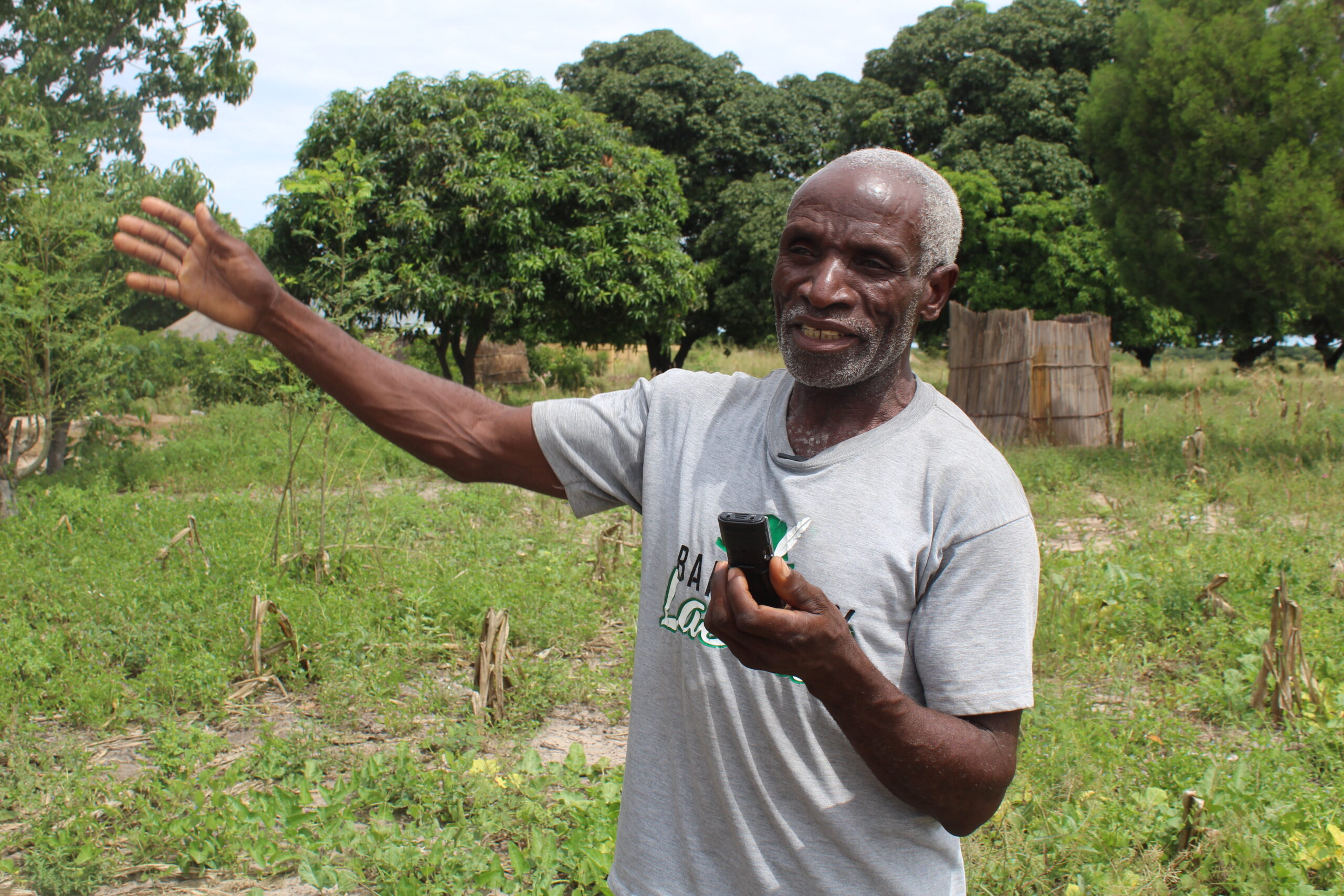
By Natasha Mhango
Small scale farmers in Western province are alive to the impact that the prolonged drought will have on their household incomes and nutrition for the remainder of the year. The stretches of dry crop fields that line the roads leading to the countryside make it is easy to understand that most small-scale farmers will not harvest much.
It is for this reason that farmers are being compelled to take up proactive interventions to ensure that they improve their household resilience to drought and climate change as a whole.
Inyambo Mukela is a Programmes Officer for the Zambia Agriculture Research Institute in Western Province. He explained that the severity of the prolonged drought was a wake-up call for farmers to adopt drought resilient crops such as pearl millet, sorghum and cassava.
“As an immediate intervention to this drought, I’m urging all farmers in the Province to embrace the cultivation of pearl millet and sorghum – crops that are drought resistant. And they should continue the planting of cashew nut,” Mr Mukela appealed.
He reiterated the need for farmers to consider taking up cashew production more seriously as cashew trees were able to withstand the climatic conditions of Western province and also guaranteed a lucrative market.
“Cashew tree takes about 3 years for it to bear fruit but in terms of profitability, cashew production is more profitable than the fishing business which is what farmers in the province are used to,” Mr Mukela added.
“My advice to farmers affected by the drought is that they should not get very worried but prepare themselves for such eventualities …and embrace crops that can take a shorter period of time for them to harvest. They should embrace those crops are able to sustain themselves in times of drought,” Mr Mukela appealed
Robert Nawa is a farmer in Kalabo district of Western province narrated the predicament him and his fellow farmers were faced with as a result of the prolonged drought.
“At the beginning of the season, the rainfall looked promising and we thought we would have a bumper harvest. Unfortunately, as we approached January, we had no rainfall. Throughout the month of February, we did not have any rainfall and my maize fields started drying up,” Robert explained.
From his maize field which usually gives him 30 x 50kg bags of maize, his has only harvest 20kg.
He therefore affirmed Mr Mukela’s advice to invest in more drought resistant crops.
“How I wished I planted millet because millet is doing fine even without much rain… these are the long term plans we need to start implementing as farmers,” Robert said.
He further disclosed that what he has currently harvested is not enough to sustain his household of 9 members until the end of the farming season.
“Right now we need to start thinking of other ways of getting food …we have embarked on vegetable growing in the plains. Since we have not had enough rains meaning we did not have floods in the plains,” Robert explained.
Some farmers in Mongu share Robert’s line of thought and are turning to gardening as one way of cushioning their household income and supplementing their nutrition.
Alan Kukwete is a farmer of Mongu with a field that is located close to the roadside and well positioned near a small lake.
“Only those who planted early have managed to salvage few bags of maize… I usually plant 2 hectares of maize and I get 18-20 bags of maize but this year I harvested nothing,” Alan stated.
He has cultivated 1 hectare of vegetables conveniently located near a stream which flows into the small lake. Most of his garden consists of tomatoes which have a steady market in Mongu town. He acknowledged that the small lake in the area could be exploited for irrigation but that it was quite a distance to travel on foot.
“If we had things that could help tap the water to bring it closer to our gardens we could do better. We could also plant early maturing maize in this area,” Alan said.
Rural farmers like Robert and Alan play a crucial role in the country’s food security especially in the face of climate change. As Zambia grapples with the challenges of prolonged drought it is essential that farmers are empowered with knowledge and resources needed to adapt to sustainable food production practices which will consequently secure their household food and nutrition security.
